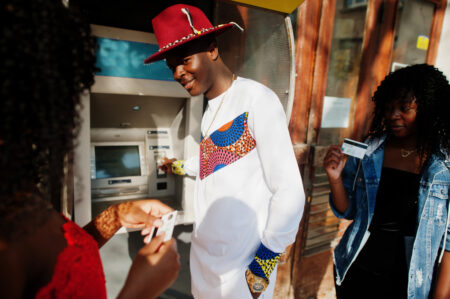Nigeria made history this week by becoming the first African nation to introduce digital currency.
“Nigeria has become the first country in Africa, and one of the first in the world to introduce a digital currency to her citizens,” President Muhammadu Buhari said in a televised speech to the nation. “The adoption of the central bank digital currency and its underlying technology, called blockchain, can increase Nigeria’s gross domestic product by $29 billion over the next 10 years.”
According to TechCrunch, Nigeria joins 14 other countries in the pilot stages with their own central bank digital currencies (CBDCs), including China, Sweden and South Korea.
The introduction of eNaira comes after the central bank outlawed banks and financial institutions from transacting or operating in cryptocurrencies. The central bank cited the security of the financial system as the reason.
The launch of the currency was a successful one.
The eNaira platform has already received more than 2.5 million daily visits. Thirty-three banks have already integrated, 500 million c ($1.2 million) successfully minted and more than 2,000 customers onboarded, central bank Governor Godwin Emefiele said at the launch.
So far, only five countries have fully launched CBDCs: the Bahamas, Grenada, Saint Kitts and Nevis, Antigua and Barbuda and Saint Lucia.
“Alongside digital innovations, CBDCs can foster economic growth through better economic activities, increase remittances, improve financial inclusion and make monetary policy more effective,” Buhari said, adding that digital currency would “help move many more people and businesses from the informal into the formal sector, thereby increasing the tax base of the country,” he said.








